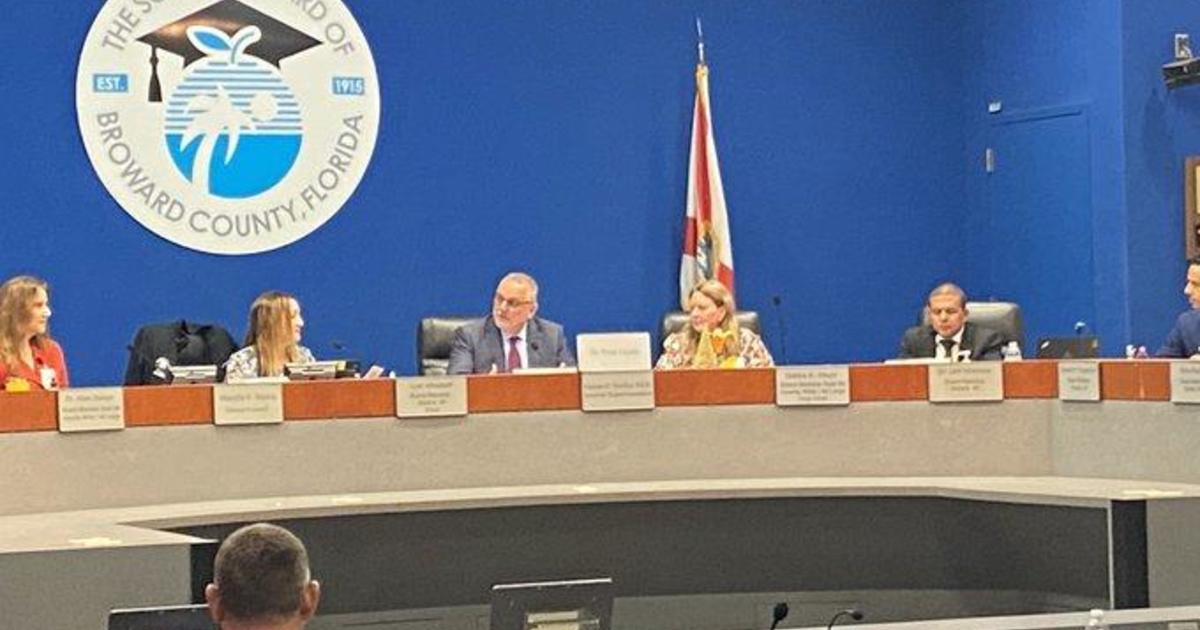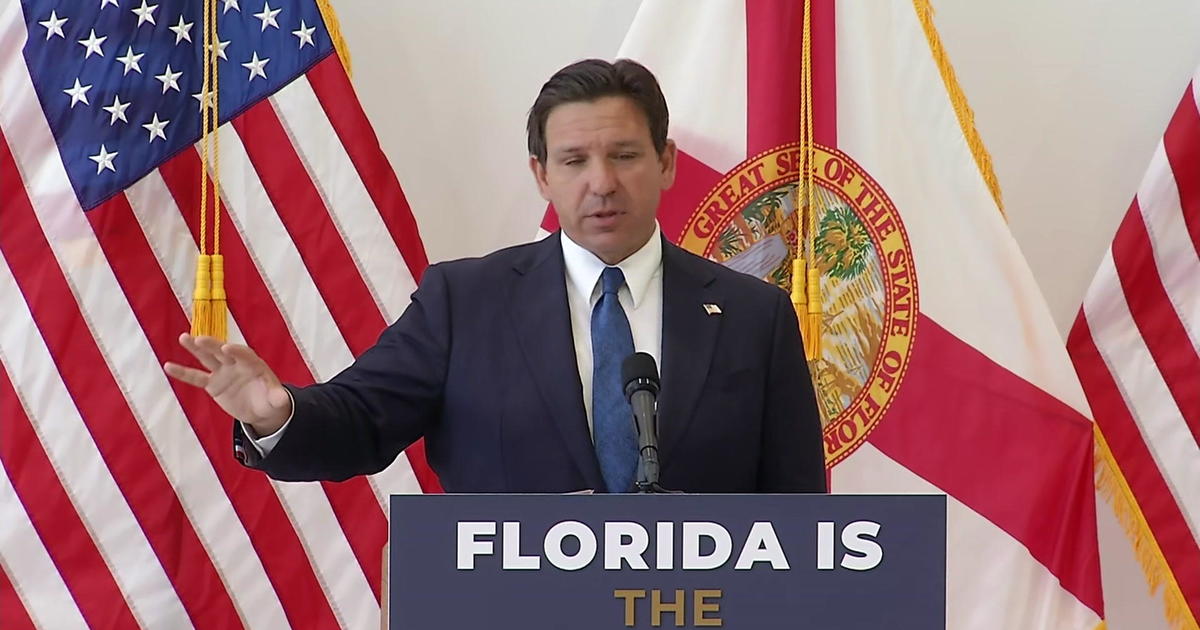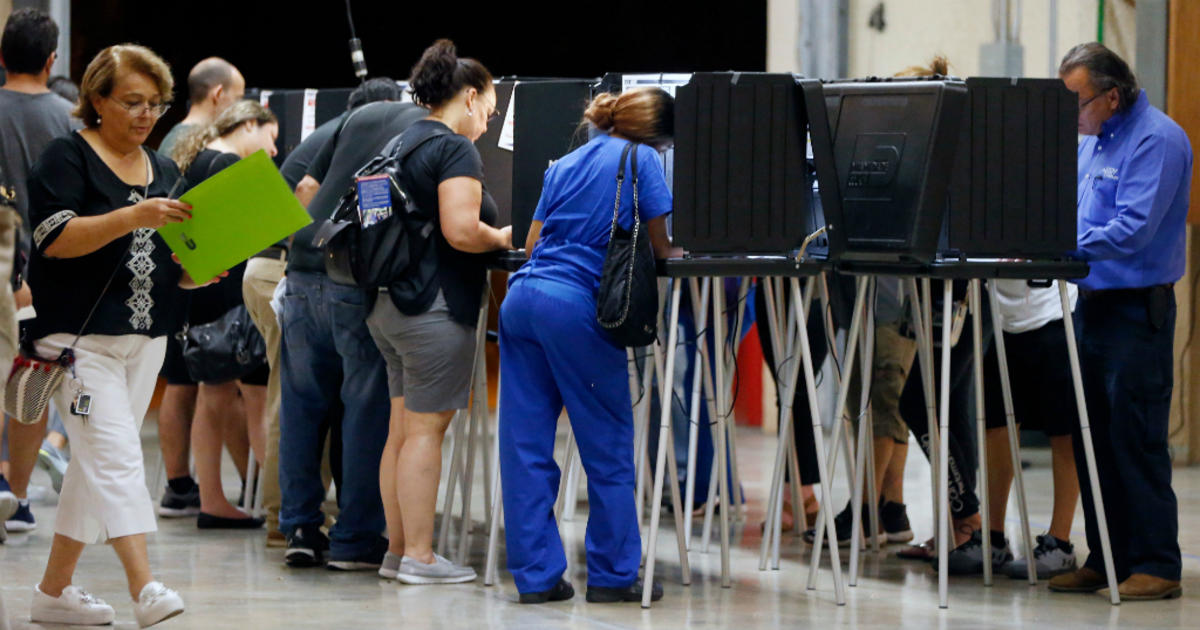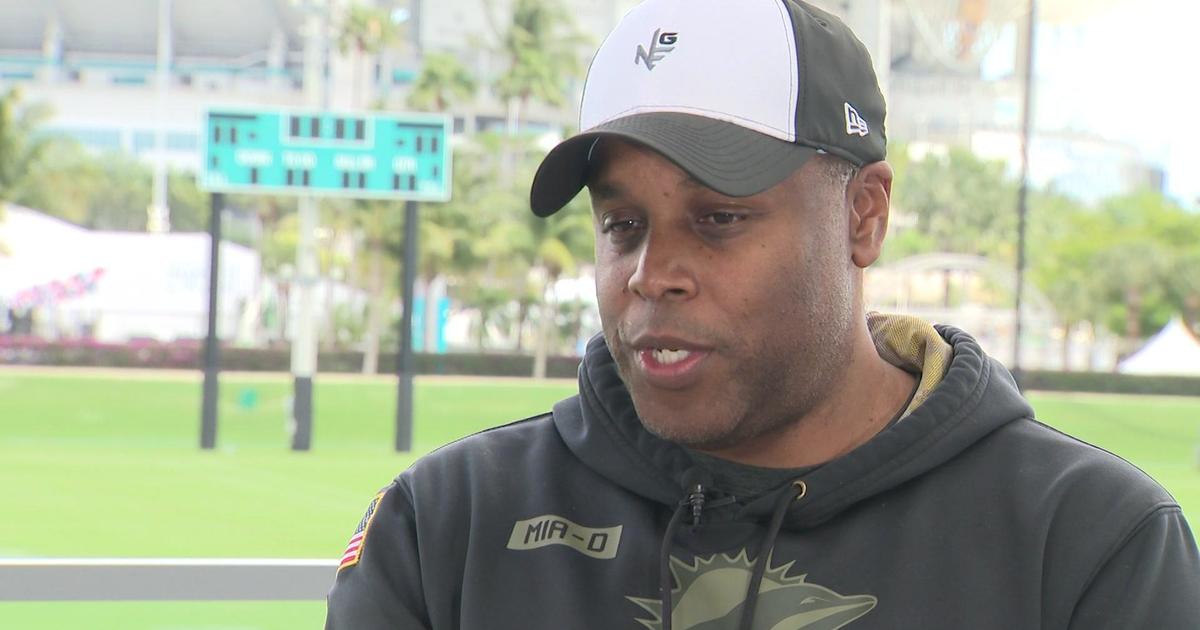Scott Raises Specter Of Government Shutdown
Follow CBSMIAMI.COM: Facebook | Twitter
TALLAHASSEE (NSF) – Gov. Rick Scott raised the possibility Thursday that state government could shut down because of a budget impasse in the Legislature and asked agencies to outline services that need to keep running regardless of whether lawmakers reach an agreement.
In addition to raising the issue of a shutdown with state departments, Scott appeared to try to preemptively blame the Senate if negotiations drag on past June 30, the end of the current budget year. Senators have pushed for the budget to include a $2.8 billion plan to use Medicaid expansion funds to help lower-income Floridians purchase private health insurance.
The federal government has also suggested that whether the state adopts something like the Senate plan could influence how much funding Florida receives for the Low Income Pool program, which sends money to hospitals and other medical providers that care for large numbers of low-income patients. The $2.2 billion "LIP" program is set to expire June 30 unless state and federal officials reach an agreement.
Scott and House leaders adamantly oppose the Senate expansion alternative.
"While we have asked the federal government for guidance on what health-care access proposals they would approve at no cost to Florida taxpayers, it is possible that Florida Senate President Andy Gardiner and the Florida Senate will not agree to any budget without the specific expansion of Medicaid (at a cost to state taxpayers of $5 billion over 10 years)," Scott wrote in a letter to agency heads. "Therefore, we are also requesting your agency prepare a list of critical state services our citizens cannot lose in the event Florida is forced into a government shutdown on July 1st."
Scott's letter came a day after the Legislature's top two budget-writers, Senate Appropriations Chairman Tom Lee, R-Brandon, and House Appropriations Chairman Richard Corcoran, R-Land O' Lakes, met to try to come to an agreement that would pave the way for a special session to begin June 1.
The letter and an accompanying memo also suggested that the state is pulling together the list of "critical service needs" for the special session, though Scott's office said he will not propose a formal budget plan for the session. Already, the governor's budget advisers have tabbed things like filling operating deficits in several state agencies, education spending and Medicaid in a list of 13 areas the state would need to keep funding, but they are also looking for other services that might fall in that category.
Scott has suggested the Legislature approve a "continuation budget" that would allow the state to create huge reserves in case the federal government refuses to extend LIP.
Legislative leaders, though, already seemed to be brushing off Scott's suggestions.
"Florida's constitution assigns the role of developing a state budget to the Legislature," Katie Betta, a spokesman for Gardiner, R-Orlando, wrote in an email. "The president has outlined his version of a draft proclamation for the special session and is hopeful that he and Speaker (Steve) Crisafulli can finalize the proclamation within the next few days."
As for the governor's criticism of the Medicaid expansion alternative, Betta noted that the Legislature's chief economist, Amy Baker, "projected the program to become an economic generator for the state, creating tens of thousands of jobs, with the state savings surpassing the state costs."
Crisafulli's office also indicated that the Legislature would take it from here.
"The House would prefer to have a joint call with the Florida Senate to complete a budget before the July 1 deadline," an email from a Crisafulli spokesman said. "The House is working hard toward that goal."
The News Service of Florida's Brandon Larrabee contributed to this report.



